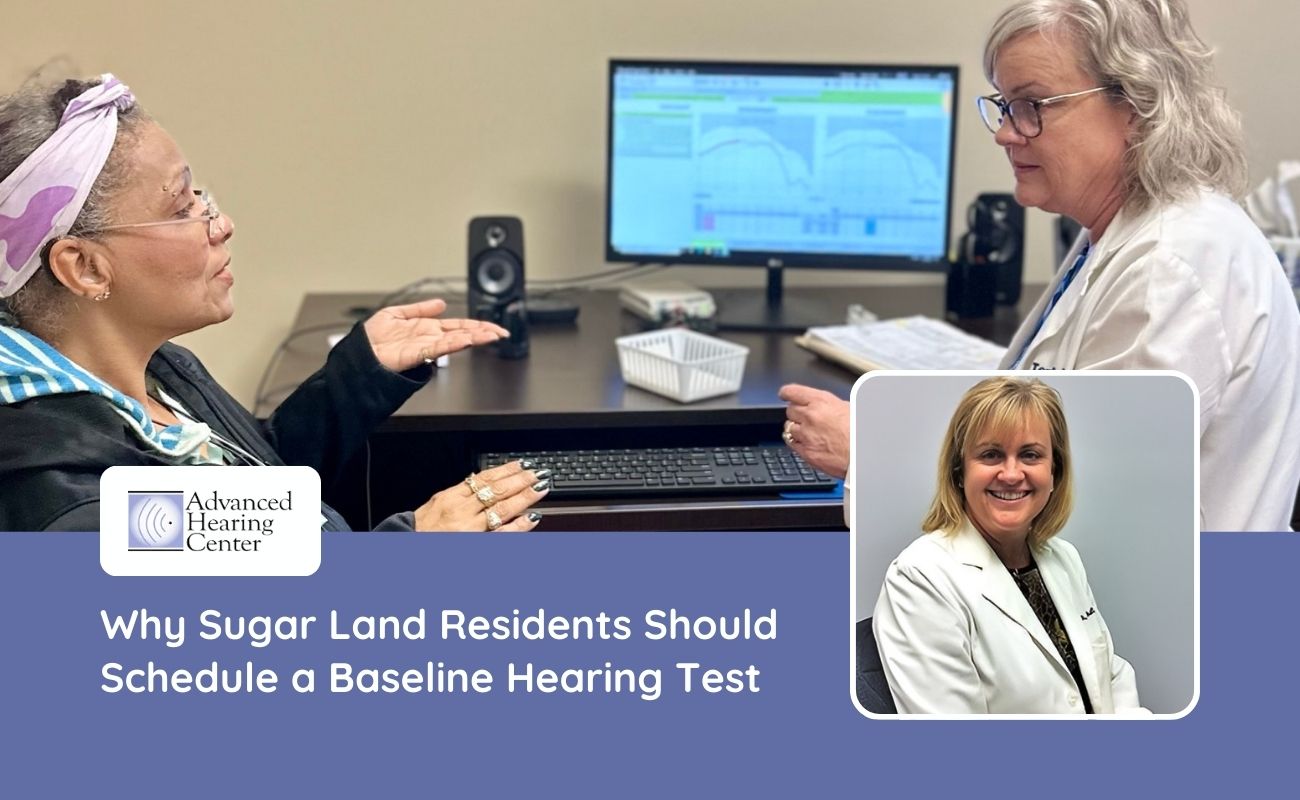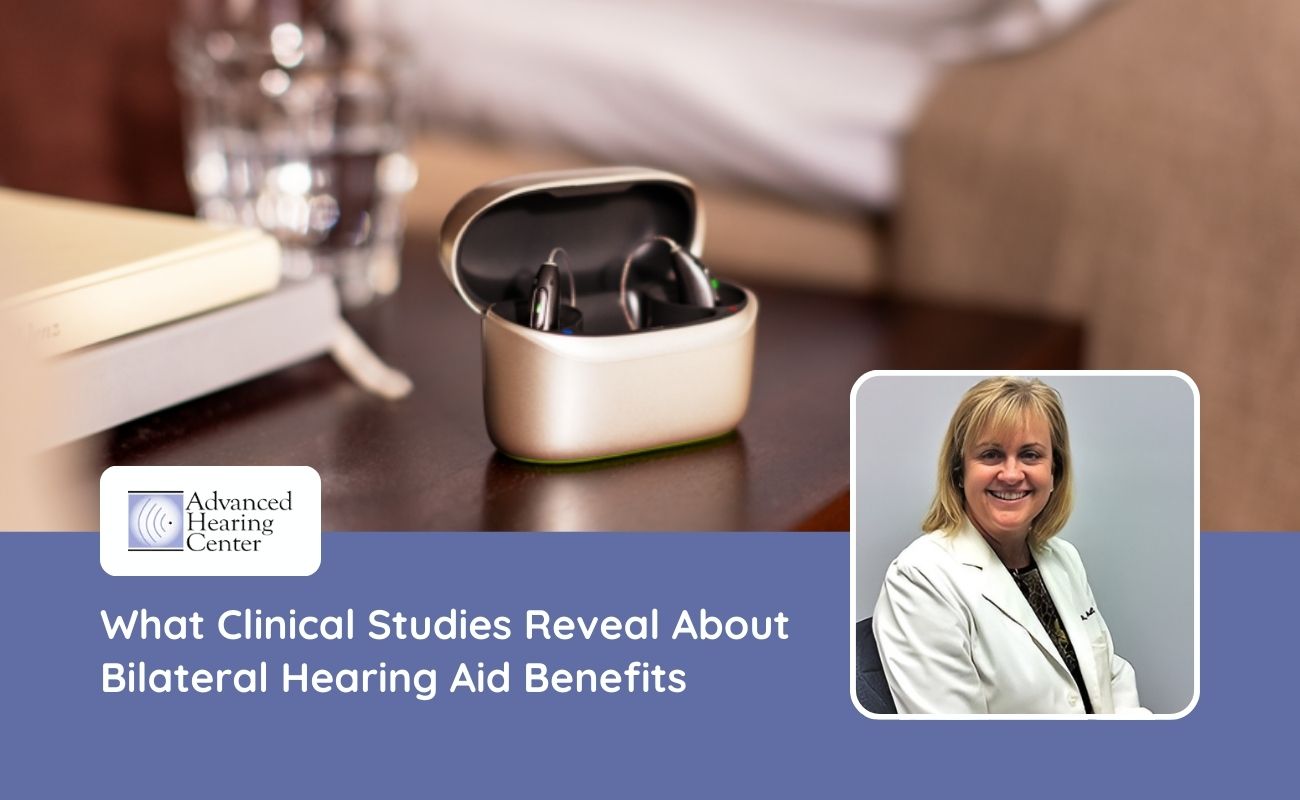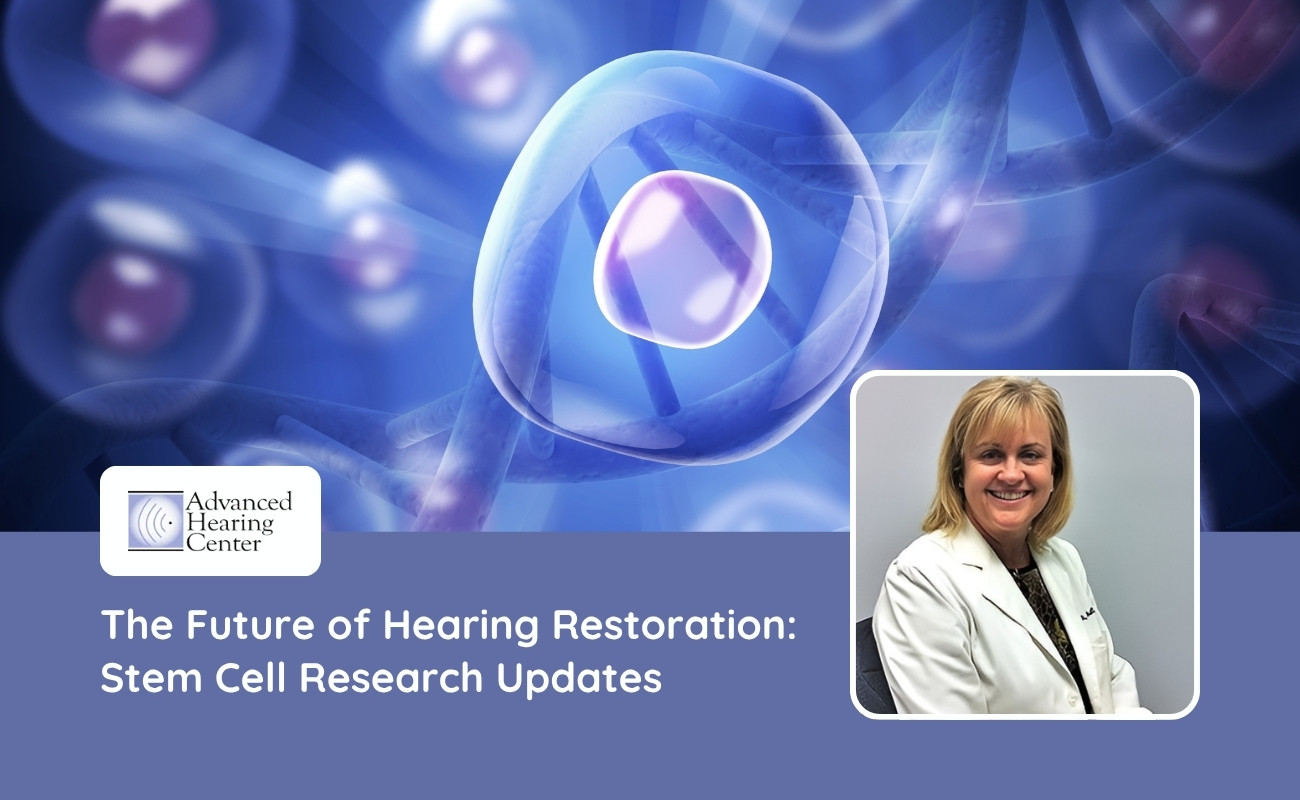
The world of cochlear implant technology is experiencing unprecedented growth, with 2025 marking a pivotal year for device capabilities, surgical innovation, and patient eligibility. These breakthroughs are creating opportunities for countless individuals with severe to profound hearing loss, including many who weren't previously considered suitable candidates. At Advanced Hearing Center in Sugar Land, we maintain expertise in these cutting-edge developments to deliver thorough cochlear implant evaluations and programming services.
Today's cochlear implants feature remarkable advances across three critical areas: sophisticated sound processing, extended battery performance, and seamless connectivity. Modern processors incorporate advanced algorithms that excel at separating speech from competing background sounds, creating crystal-clear conversations even in restaurants or busy social gatherings.
Battery innovation has reached new heights, with current models delivering up to 40% longer usage compared to devices from just two years ago. Users enjoy extended wear time without constant worry about power depletion, freeing them to participate fully in lengthy workdays or social events.
Wireless connectivity has transformed how users interact with technology. Direct Bluetooth streaming from smartphones and tablets eliminates cumbersome accessories, while hands-free calling capabilities make phone conversations natural and effortless.
The most exciting development for 2025 involves dramatically expanded eligibility requirements. Medical professionals have moved beyond the traditional requirement of profound bilateral hearing loss, recognizing that hearing thresholds alone don't predict success.
Current research validates cochlear implantation for individuals with moderate to severe hearing loss who experience poor speech clarity despite optimal hearing aid fitting. This paradigm shift acknowledges that communication difficulties, rather than just audiometric results, should drive treatment decisions.
Age-related restrictions have virtually disappeared. While pediatric implantation remains highly successful, older adults previously deemed "too old" are now recognized as excellent candidates when their health permits surgery. Research consistently shows that chronological age doesn't predict outcomes.
Single-sided deafness represents another expanding frontier. Patients with complete hearing loss in one ear and normal hearing in the other can now restore binaural benefits through implantation, dramatically improving their ability to locate sounds and understand speech in challenging acoustic environments.
Surgical techniques have evolved toward less invasive approaches, resulting in shorter procedures, reduced complications, and faster healing. Many patients now experience same-day discharge with minimal post-operative discomfort.
Robotic assistance is emerging at select medical centers, offering unprecedented precision during electrode insertion. Though not universally available, early outcomes suggest this technology may further enhance results while minimizing surgical risks.
Advanced imaging guidance allows surgeons to visualize inner ear anatomy with exceptional detail before making any incisions. This enhanced planning optimizes electrode positioning for superior hearing outcomes.
Post-surgical device programming has become increasingly refined through sophisticated software platforms. Audiologists can now make microscopic adjustments to individual electrode settings, maximizing each patient's unique hearing potential.
Artificial intelligence is beginning to influence programming decisions, analyzing successful configurations from thousands of similar cases to suggest optimal initial settings. This technology accelerates the fitting process while potentially improving first-time results.
Our audiologists at Advanced Hearing Center utilize state-of-the-art programming equipment and techniques to ensure optimal device performance. Through detailed assessments and careful adjustments across multiple appointments, we help patients achieve their maximum hearing potential while adapting to their transformed auditory experience.
Decade-long research studies reveal encouraging trends about cochlear implant performance over time. Rather than plateauing, most users continue experiencing improvements in speech recognition and life satisfaction years after activation.
Timing research strongly supports earlier intervention. Children receiving implants before age two demonstrate exceptional language development, while adults who proceed quickly after hearing loss onset achieve superior speech understanding scores.
Beyond hearing improvement, research documents profound quality of life changes. Users report decreased mental fatigue, increased social confidence, and enhanced overall well-being compared to their pre-implant experiences.
Mounting evidence supports bilateral cochlear implantation for appropriate candidates. Two devices provide substantial benefits including enhanced noise tolerance, accurate sound localization, and reduced listening strain.
Recent studies examine optimal timing for second implant placement. Research indicates that simultaneous or closely spaced surgeries produce superior results, as the brain more efficiently processes signals from both devices when introduced together.
Many potential candidates delay evaluation due to misconceptions about cochlear implants. Some worry that the surgery is too risky or that they won't sound "natural" to themselves or others. Modern surgical techniques have made complications extremely rare, while current devices produce sound quality that most users find very acceptable within weeks of activation.
Another common myth suggests that cochlear implants eliminate all residual hearing. While some natural hearing may be affected, many newer surgical techniques preserve existing hearing in the non-implanted frequencies. Some patients even continue wearing hearing aids in their non-implanted ear.
Cost concerns also prevent some people from pursuing evaluation. While cochlear implants represent a significant investment, most insurance plans, including Medicare, provide coverage for medically necessary implantation when candidacy criteria are met.
The journey to optimal cochlear implant performance extends well beyond the surgical procedure and initial activation. Comprehensive auditory rehabilitation plays a crucial role in maximizing outcomes, particularly for adults who have experienced prolonged hearing loss.
Modern rehabilitation programs incorporate computer-based training exercises, group therapy sessions, and individualized listening practice. These structured approaches help the brain relearn how to interpret electrical signals as meaningful sound and speech.
Family involvement significantly impacts success rates. When family members understand the adjustment process and learn effective communication strategies, patients typically achieve better outcomes more quickly. We provide educational resources and support for both patients and their loved ones throughout the adaptation period.
Several revolutionary technologies are approaching clinical reality. Fully implantable systems that eliminate external components could address cosmetic concerns while preventing device loss or weather damage.
Gene therapy research may eventually complement cochlear implants by preserving or restoring natural hearing structures. While experimental, preliminary studies suggest certain treatments could enhance electrical stimulation effectiveness.
Machine learning integration promises devices that automatically adapt to individual preferences and acoustic environments, continuously optimizing performance without manual adjustments.
The cochlear implant advances available in 2025 create remarkable possibilities for people struggling with hearing loss. If hearing aids haven't provided the clarity you need for comfortable communication, a cochlear implant evaluation might reveal transformative options.
Advanced Hearing Center offers comprehensive assessments using current eligibility criteria and advanced testing protocols. We collaborate with respected ENT specialists and skilled cochlear implant surgeons to provide coordinated care throughout your journey. After surgery, our skilled audiologists deliver expert device programming and continued support to help you realize the full benefits of your cochlear implant. Contact our Sugar Land office to schedule your evaluation and discover how cochlear implants could revolutionize your hearing experience.

Establishing a hearing baseline in 2026 is crucial for Sugar Land residents, as new research links hearing health to cognitive function and dementia prevention.

Clinical research shows bilateral hearing aids provide 20-30% better speech recognition, improved sound localization, reduced listening effort, and prevent auditory deprivation in unaided ears.

Stem cell research aims to regenerate auditory hair cells and nerves for hearing restoration, with human trials beginning in 2025 though practical treatments remain years away.